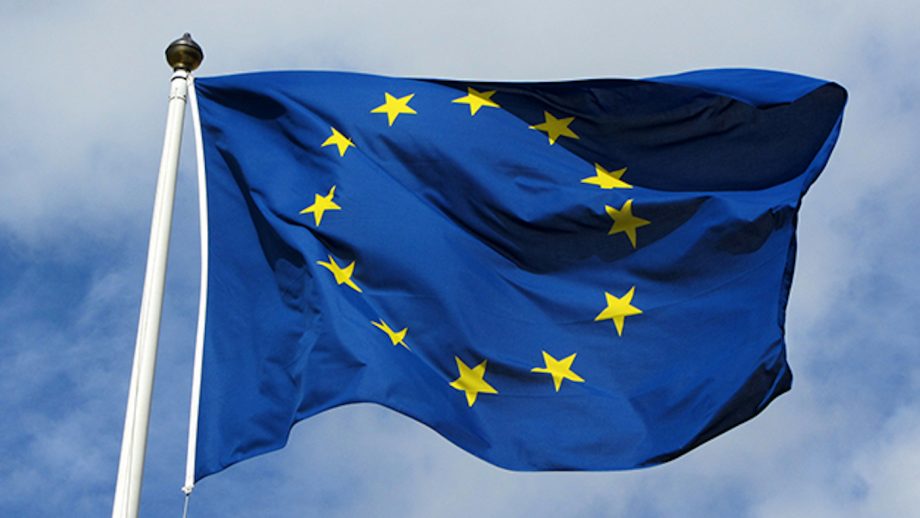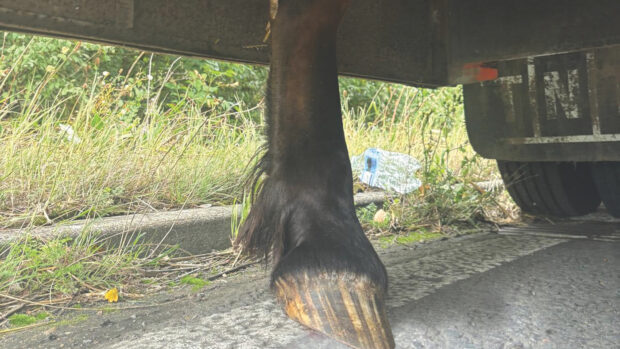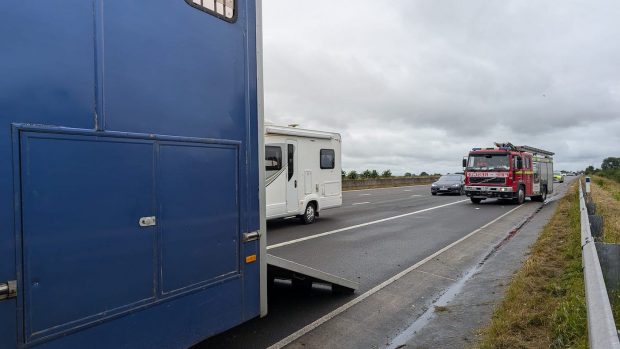The government has released new guidance for horse owners on necessary preparations for a no-deal Brexit.
Should the UK have failed to secure a deal by the time it leaves the EU on 31 October, the advice is aimed at helping owners deal with changes concerning moving equines to and from European member states after this date.
The changes apply to all equines, including those racing and competition horses currently moved between the UK, Ireland and France under the Tripartite Agreement.
If no deal is reached, horses travelling to the EU from the UK may need to have had extra blood tests within 30 days of departure. Owners must consult a vet at least six weeks before they are due to leave.
Each travelling equine will need an equine health certificate instead of the current documents, and will have to enter the EU via a border inspection post. Those not registered with an EU-recognised studbook or the national branch of an international racing or competition organisation will also need a government-issued travel ID document, as well as a passport.
“The UK has already committed to allowing continued movement on all equine animals from EU member states to support the industries that rely on these animals and ahead of major horseracing and equestrian events, such as Olympia, the London International Horse Show,” a Defra spokesman said.
“The government is continuing with its application to the European Commission on securing listed status for the UK, which would enable the continued movement of equines to EU member states.”
Should listed status not be granted, no movement of horses will be allowed from the UK to the EU, although it is thought this is unlikely to be the case. Kevin Needham, of international transporters BBA Shipping & Transport, has previously told H&H that as the UK’s horses’ health status will not change as we leave the EU, it would be “very unreasonable” of the EU to withhold listed status.
The FEI, British Equestrian Federation, British Horseracing Authority and other stakeholders have been working together to try to ensure that horses move internationally as easily as they do now from the moment the UK leaves the EU.
The UK was granted listed status in April, in relation to a departure date of 12 April. And while member states will have to vote on another UK application in respect of the 31 October date, this was a positive sign.
Continues below…

Brexit ‘could be an opportunity for the equine industry’
Industry figures give their views on the impact Britain's Leave vote could have

Subscribe to Horse & Hound magazine today – and enjoy unlimited website access all year round

Fears over horse movement after Brexit quashed
The EU has confirmed the UK’s application for listed status
Lord Gardiner, parliamentary under-secretary of state for rural affairs, said: “While the government is seeking a deal, we have stepped up our preparations and we will be ready to leave the EU on 31 October, whatever the circumstances.
“This guidance will help businesses and owners of horses prepare if we leave without a deal and the government has already committed to the continued movement of horses from EU member states.”
Should a deal be secured, the UK would not need to be listed while the deal was implemented, so current rules would remain in place until the end of 2020.
For all the latest news analysis, competition reports, interviews, features and much more, don’t miss Horse & Hound magazine, on sale every Thursday.




